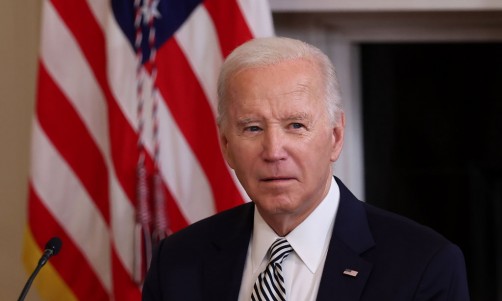Beijing has set itself an ambitious goal to be the world leader in blockchain technology by 2025, a mere three years away from today. In the recent period, we have seen a series of policy changes to promote the technology. In April 2020, the National Development and Reform Commission (NDRC) incorporated blockchain technology into the scope of "new infrastructure development". A year later in 2021, China's State Council published a roadmap for the development of the national digital economy by 2025. In this plan, blockchain was nominated as a "key digital technology".
Chinese fiscal policy has also been impacted by this quick shift toward blockchain technology. The central bank of the PRC has adopted digital currencies and launched a version known as the "digital yuan." In addition, a state-backed blockchain startup in Beijing named Blockchain Services Network (BSN) said in January 2022 that it would roll out infrastructure to support the trade of nonfungible tokens (NFTs).
The end goal for Beijing is quite ambitious: to establish the PRC as the world leader in the blockchain technology industry by 2025. However, this wish is mirrored by the private sector, in terms of cryptocurrencies exchange. The country is home to some of the largest trading volumes globally. China has some important crypto projects. This includes a blend of projects that are either popular in China or originated in the country itself. In this article we discuss three of them - (i) Tamadoge, a project rising in popularity in the country; (ii) NEO, a project launched in China; and (iii) the Digital Yuan, a government crypto project.
First, we can take a look at Tamadoge, a project that is receiving international attention and is anticipated to be well-liked by Chinese investors (TAMA). After selling out its initial $2 million beta presale in just two weeks, the project is already in our list of the ten hottest new cryptocurrencies for 2022. TAMA holders will be able to manufacture a virtual pet NFT in addition to receiving a meme currency with the potential for significant earnings.
Second, NEO is a Chinese cryptocurrency project that was launched in 2014 and allows smart contract agreements. It makes it possible for developers to create decentralized apps and programs that carry out transactions in a trustless and independent manner. NEO, frequently referred to as a "Ethereum Killer," is said to be able to process 10,000 transactions per second.
Finally, we have the Digital Yuan, which is supported by the Chinese central bank. Its indigenous currency, the Digital Yuan, is essentially a tokenized version that enables cashless transactions. Trials have been carried out in numerous Chinese cities, and tokens worth billions of dollars have been exchanged.
There are many lessons to be learned from the Chinese blockchain initiatives and cryptocurrency projects. Like anywhere, all that is necessary for a technology to flourish is adequate government policy and smart regulation. This is the difference between blockchain policy in Beijing versus most western governments; the Chinese government has a planned, long-term strategy & has enacted policies based on this roadmap. This is what the PRC is trying to achieve: from a global perspective, Beijing wants the leading role in the innovation, application & governance of blockchain assets. Domestically, Beijing wants to create an inclusive approach which focuses on the strategic application of blockchain technology throughout the whole of society.
Great Powers competition aside, this is an approach which should be mirrored by the western governments. Democracies across the globe should develop their own blockchain programs; there are a myriad of potential applications which would benefit society & improve governance. Clearheaded strategic vision is needed though - government & industry must come together to define their operational environment on terms that both can live with. Government leaders in the west must develop & articulate blockchain strategies that go beyond kneejerk regulatory reactions to developments in the marketplace.















